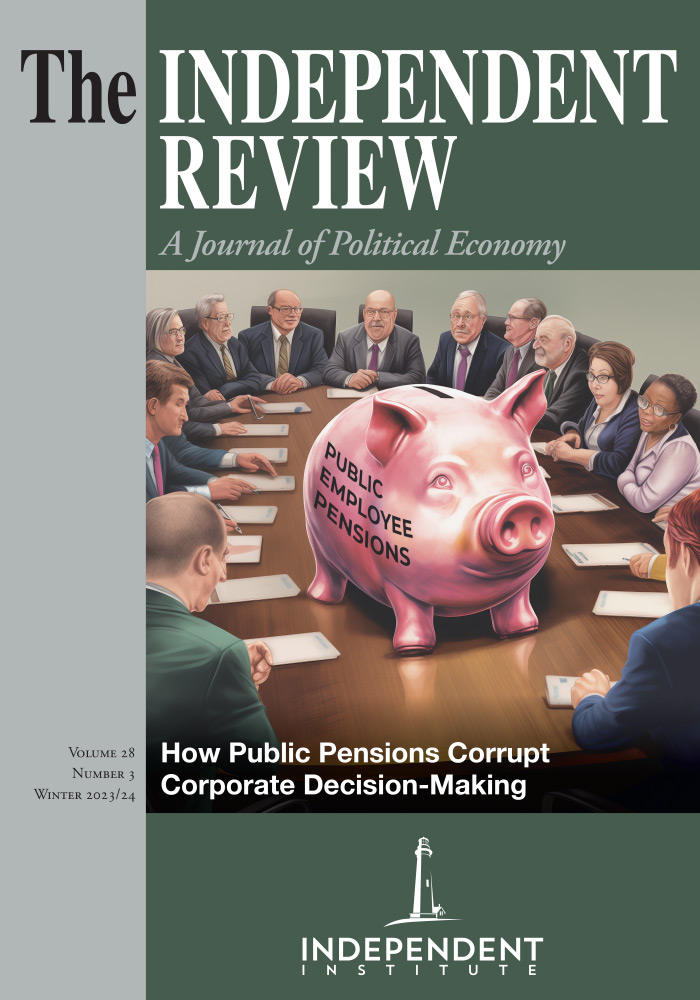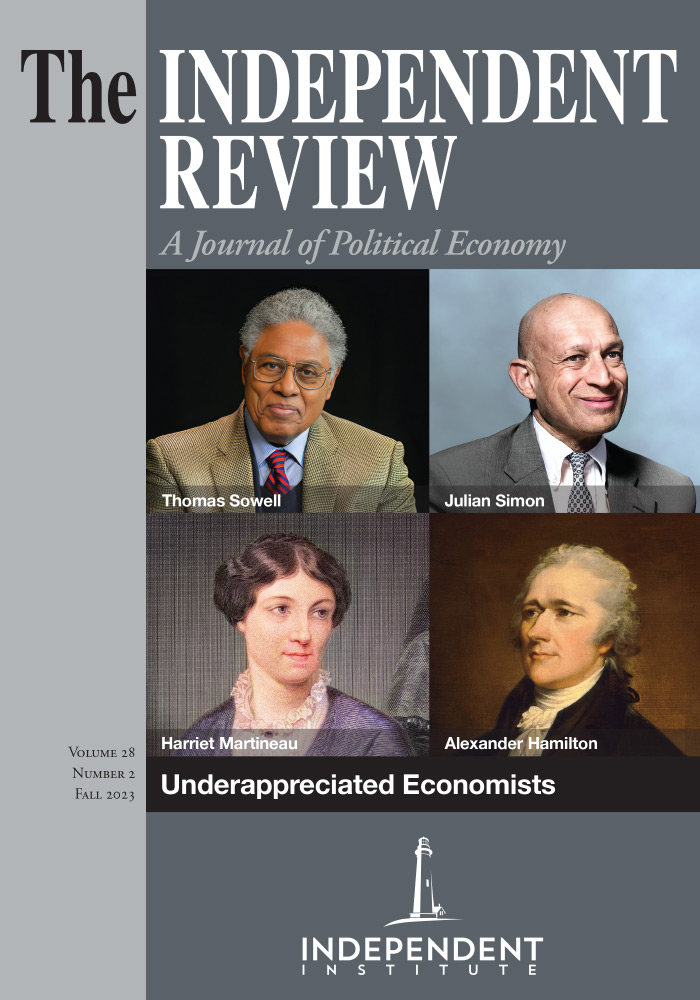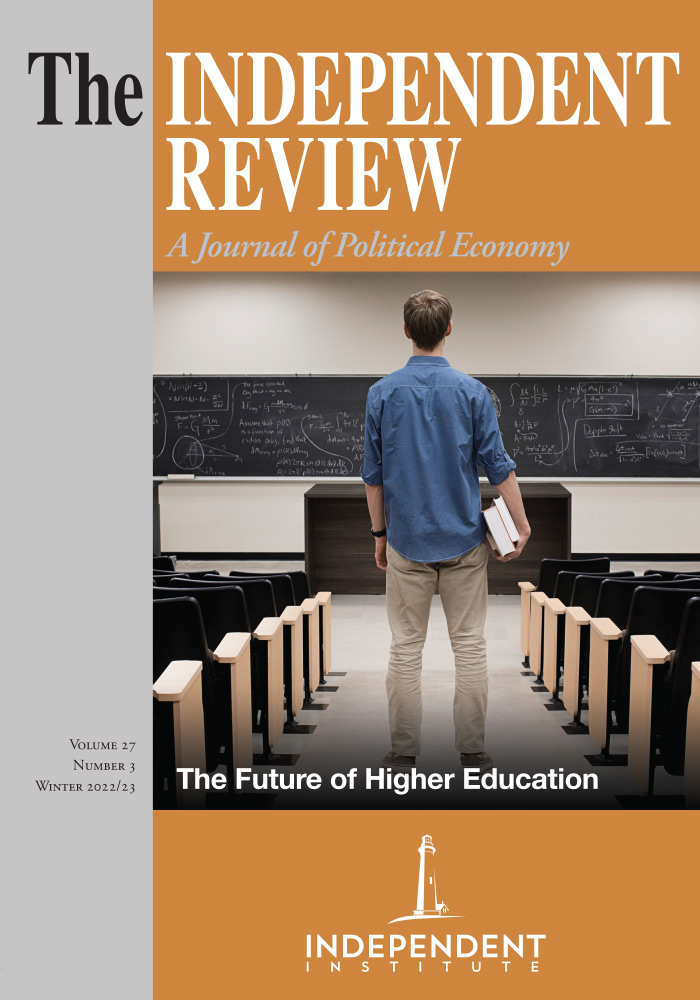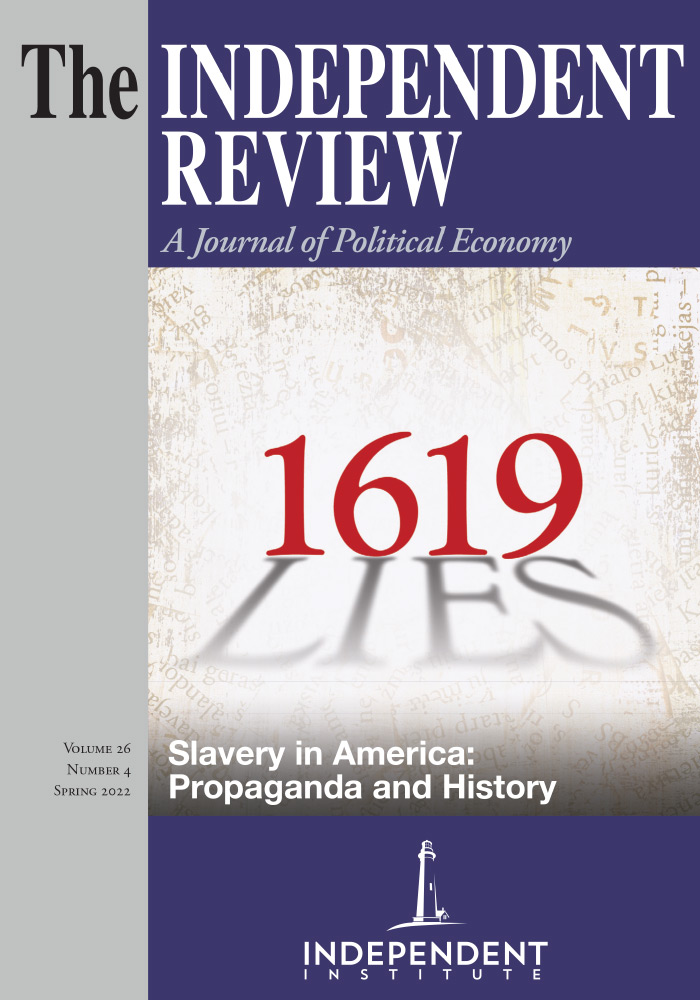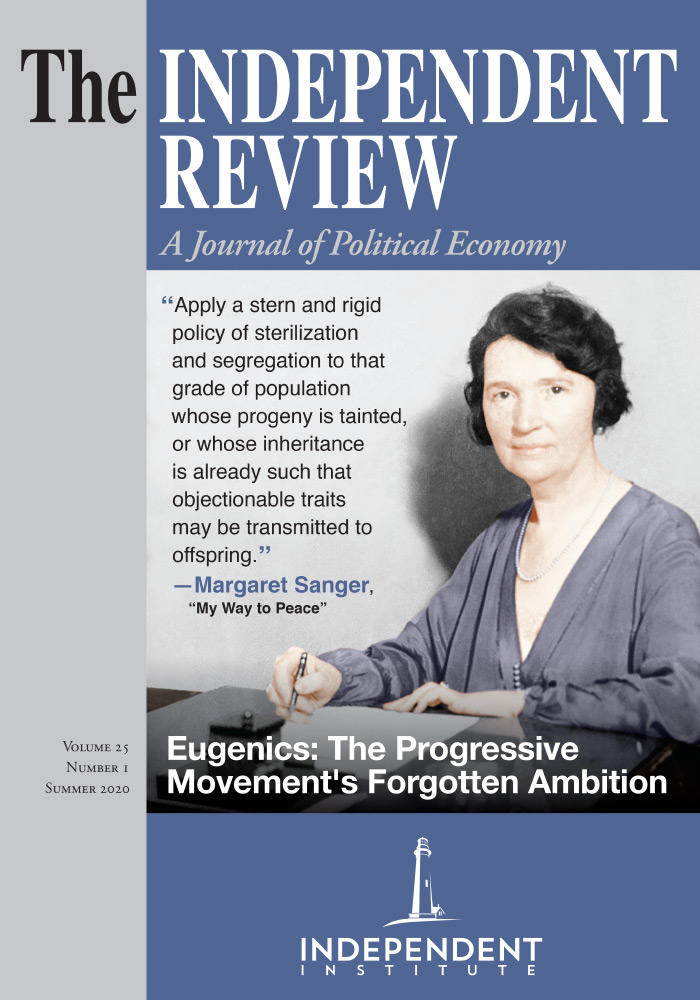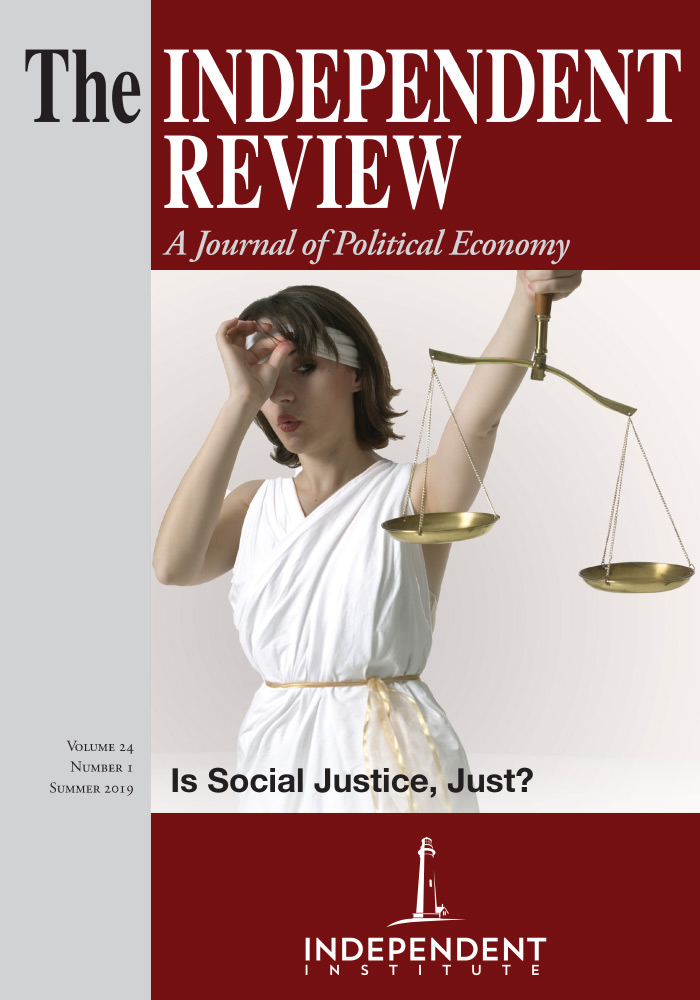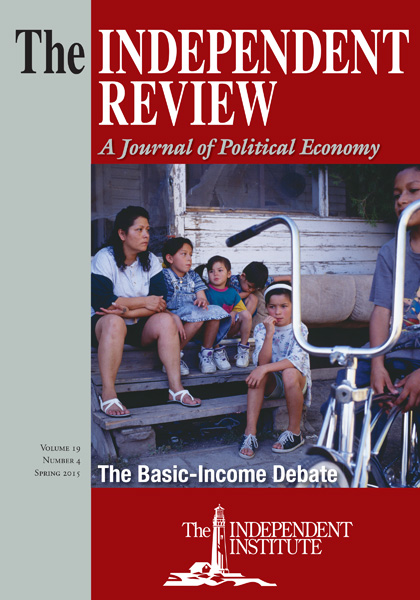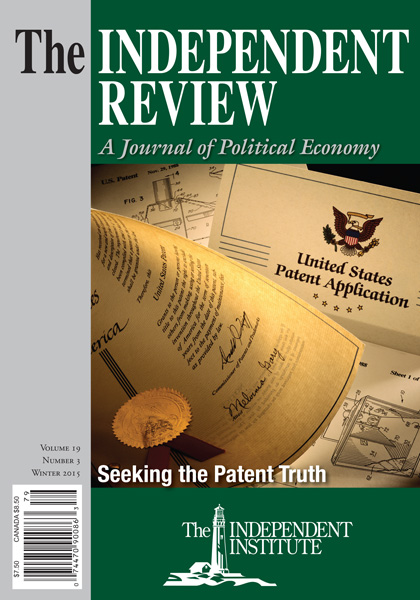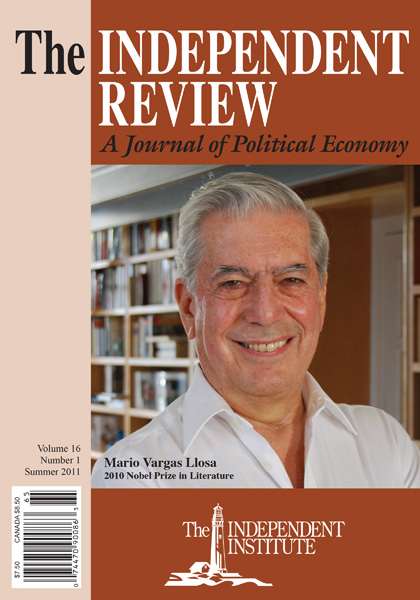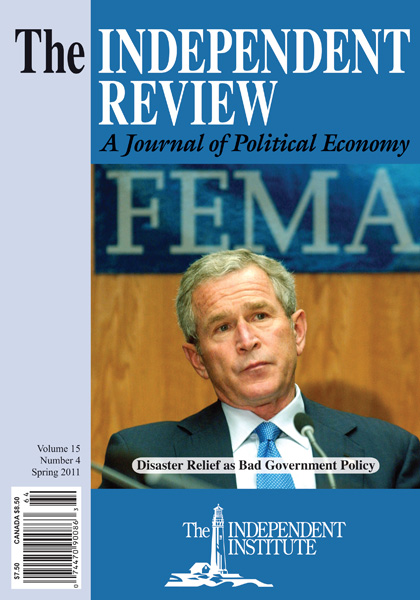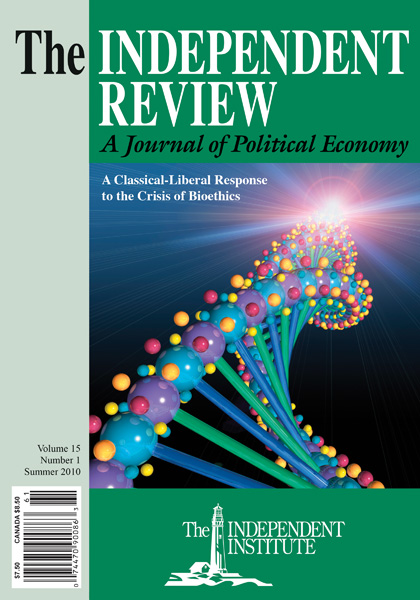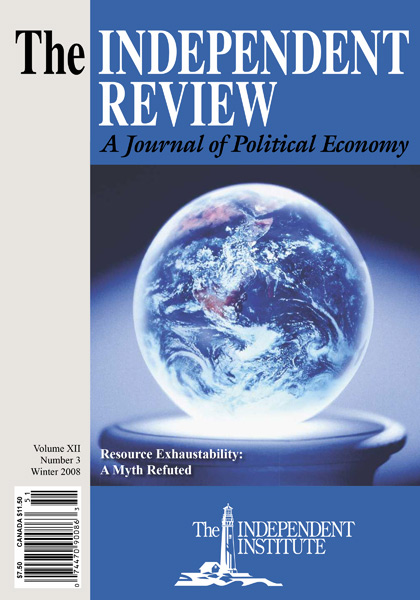Vivek Ramaswamy has an interesting background: Midwest-born to immigrants and familiar with racism; Ivy-educated in Biology and Law; hedge-fund investor and entrepreneur. He is apparently a wunderkind polymath with aspirations to succeed in business and politics. Having accomplished the former (as founder and CEO of a pharmaceutical company), he has moved into the political realm with a surprisingly successful presidential candidacy—impressive for a novice.
As part of his political marketing effort, Ramaswamy has written three books in the last three years: Woke, Inc. (WI), Nation of Victims (NV), and Capitalist Punishment (CP). All are focused on contemporary social and political issues. The books have been published by conservative outlets—and are well-written, easy to digest, and illustrate a well-read mind. He also drops some nice lines. (My favorite: “Fighting fire with fire may sound appealing, but water’s actually the better choice” [NV: 114]). Along the way, readers pick up nuggets ranging from the unsung General James Longstreet to the under-rated Fourteenth Amendment; from Immanuel Kant to Ben Simmons; from Animal Farm to Harrison Bergeron; from the Sapir-Whorf hypothesis (on the power of language) to the metaphysical (including an analogy to our hopeful reincarnation as a nation).
Ramaswamy’s arguments include appropriate references to a target-rich environment of shenanigans on the Left. He pokes at censorship over the Hunter Biden saga. He skewers the rank inconsistency in ignoring Jamal Khashoggi’s assassination and placating China. Along lines developed by John McWhorter in Woke Racism, Ramaswamy describes “wokeness” as a religion. (He provides an extended treatment of this in chapters 10–11 of WI, including a helpful definition of woke-ism as religion through EEOC jargon [WI: 249–257].) He notes that men and women compete separately in the International Chess Federation (WI: 262). He criticizes Affirmative Action for fostering tokenism and fueling racism and sexism (WI: 266). He distinguishes between the CRT approaches (NV: 90–91) of Robin DiAngelo (on beliefs and language) and Ibram Kendi (on outcomes and politics). And he laments that the Department of Justice has allowed settlement monies to fund left-wing causes, by transforming fines into donations (WI: 144–145, 150).
He also offers some wise (and tongue-in-cheek) counsel on homosexuality, tolerance, and free speech: “Ironically, now that the gay rights movement has [ridden] the wave of immutability to great victories, progressive society is contemplating a new dogma: sexuality is fluid. We occupy a strange moment where social norms still demand we think gayness is innate, but also demand we think sexual orientation is fluid ... best to wait ten years until the trends settle before opining” (NV: 75).
Ramaswamy’s first book was Woke, Inc. (2021). His primary target in WI is bureaucracy—not its inherent inefficiencies, as much as its role as a nefarious player in promoting progressive social values (creating further inefficiencies). He sees bureaucracy, elites, and capitalism leading the way in obsessing about race, gender, and sexual orientation (as well as climate change); reducing identity to immutable characteristics; and wreaking havoc on “democracy.” Worse yet, the efforts are driven by a desire to signal, perform, and pose—“rooted in a guilt complex for never genuinely having helped other people” (WI: 309) and using wokeness to make money.
His narrative begins with the Occupy Wall Street (OWS) movement being overtaken by the Woke in October 2011: “Wall Street didn’t have to kill OWS from the outside. Instead, woke culture eroded it from within.... And so began Wall Street’s love affair with wokeness ... stumbled upon a one-in-a-generation opportunity to leap from heresy to sainthood” (WI: 134–135). He describes the result as stakeholder capitalism on steroids.
Ramaswamy doesn’t predict a long-term relationship or a happy ending. His sobering conclusion: “Wokeness and capitalism simply tolerate each other because each feels it can use the other ... But a marriage in which each side secretly has contempt for the other cannot end well” (WI: 140). One way that the honeymoon might end: the end of the bubble created by more aggressive forms of “Environmental, Social, and Governance” (ESG) and woke investing. In contrast, similar problems in higher education (WI: 100) could last far longer, given the subsidies and reduced competitive pressures.
To an economist, this leads to interesting questions about the extent to which discrimination impacts markets and how market participants work to get around such preferences. When discrimination (e.g., woke-ism) is anecdotal, significant, or backed up by government and social pressures, how do markets function and adjust? When does one person vacating a profitable opportunity simply attract resources from those who do not discriminate? When will discrimination simply result in segregation and relatively efficient (if morally troubling) outcomes?
In terms of solutions, Ramaswamy offers a critique of “systemic racism”: “My problem with woke complaints about ‘systemic racism’ isn’t that it doesn’t exist.... it’s used as a vague, judgmental catchall phrase ... [but they] fail to focus on more tangible examples.... My problem with complaints of systemic racism isn’t that they’re wrong; it’s that they’re lazy” (WI: 316–317). For example, imagine a world where “systemic racism” was applied with any consistency to realms such as welfare policy and K-12 education—and elevated in importance over tertiary problems such as policing.
But mostly, he recommends enunciating a positive vision for a shared American identity, rather than fighting wokeness directly. Along these lines, he wants to mandate national service to promote shared values and shared experiences (WI: 310). And he lauds the limited legal liability of corporations as an engine for economies of scale and economic growth. But he sees “stakeholder capitalism” as the other side of this coin, with the subsequent battles over how best to define its practice. Here, he wants to “level the playing field” and have woke shareholders “bear the same liability as any ordinary social activist” (WI: 77).
In 2022, Ramaswamy released Nation of Victims. (He was not aware of Charlie Sykes’ book on the topic until he was well into writing his own book.) He describes an “Oppression Olympics” born in equal protection law with “suspect class status” as the “gold medal.” Initially, the top honor was only available on the basis of race, religion, and national origin. In recent years, it has been extended to other groups—what he describes as “a hodgepodge of rules reflecting little more than the efforts of each identity group to seize power by claiming victimhood,” resulting in an ironic system where “might makes right” (NV: 76).
The cause and the effect of the increased competition: “We’re a nation of victims now. It’s one of the few things we’ve all got left in common” (NV: 13). Everyone wants to be a victim—when it used to be that everyone loves an underdog. Victims and underdogs are cousins and competitors: underdogs struggle and win; victims enlist (or demand) help from others and have little or no control over their fate (NV: 23). Ramaswamy acknowledges real hardships for many people in everyday life. But at the end of the day, the most important practical question is the best mentality for overcoming our struggles (NV: 116). Victimhood can’t win this competition.
In recent years, this victimhood has been most pronounced in racial matters and elections. “A sore loser [is] one of the worst victimhood complexes of all ... no one likes a sore loser, but it seems everyone likes being one” (NV: 108, 113). He has a funny section where the reader thinks he’s describing Donald Trump, but it’s really about Stacey Abrams. And he has a great line, pointing to the irony that the election “stolen from Trump wasn’t the 2020 one that he lost; it was the 2016 one he won”—given the Russian Collusion narrative, the Steele Dossier, etc. (NV: 118).
It’s especially strange and unfortunate to see the GOP embrace victimhood. Conservatism is supposed to include an emphasis on taking personal responsibility. Criticizing his own party, Ramaswamy says: “We preach personal responsibility, but we no longer take it” (NV: 132). “When I listen to conservative pundits and politicians, they offer only grievances, not meaning. They define conservatism only as the negation of ...” (NV: 133). Maybe the larger issue is how few conservatives (and liberals) we actually have in our country.
Instead of a focus on race, identity, and stolen elections, he wants renewed interest in class issues. The surprising ascendance of “populist” candidates such as Trump and Bernie Sanders indicates the need to fill this political vacuum. In terms of policy ideas, he proposes an overhaul of government job retraining programs (good luck, given the data); reducing occupational licensing (NV: 127); and tax reform which would shift burdens from income taxes to inheritance and estate taxes (NV: 228).
In his most recent book, Capitalist Punishment (2023), Ramaswamy describes “the largest financial scam in modern history” (CP: xi). He notes the obvious fraud of Sam Bankman-Fried, but turns quickly to point fingers at Goldman Sachs, BlackRock, and other investment firms. His primary targets are “green-washing” (pretending to be green for gain) and “green-smuggling” (smuggling rigorous ESG policies into corporate governance). On the former, he notes that Vanguard’s ESG U.S. Stock ETF fund was 99.7% aligned with the S&P 500 [CP: 24]—and that the Left (properly) complains about this fraud. But his greater concern is green-smuggling through social pressures and government policies.
Almost everyone provides at least lip service to ESG principles, and the practice has been prevalent in state law for decades (Lehrer, 2023). But the practice has evolved over time as shareholders and stakeholders strive for money, voices, and votes. The concerns are both financial and ideological (CP: xv)—having moved to the fore during the 2008 financial crisis and building on Corporate Social Responsibility (CSR) and Socially Responsive Investing (SRI). Over the years, “corporate responsibility” has evolved from “do no harm” to “do good”, with an emphasis on race, sexual orientation, gender identity, and climate change (CP: chapter 3).
Ramaswamy criticizes President Biden’s Executive Orders for government bureaucracies to be more ESG-friendly: “every government agency is now tasked with fighting climate change and systemic racism as part of its agency mission statement.” (CP: 124) This approach is bothersome, inefficient, and “anti-democratic” to boot: the “major questions doctrine” usually pushes “major questions” to Congress (CP: 135).
A surprising and indirect villain: Jack Bogle, who developed and promoted “passive investing” for Vanguard (CP: chapter 4). His work led to economies of scale in investing, reduced brokerage fees, and intensified competition in the market for investment managers, resulting in “trillions of dollars in the pockets of workers and retirees instead of paid to asset managers ... [what] may be the largest redistribution of wealth in history.” (CP: 56) This has been a terrific advance. But the prevalence of passive investors is also the chief vehicle for the book’s subject: the limited rights of “shareholders” through investment managers of index funds.
Ramaswamy notes the avid interest in “the 1%” without proportionate interest in “the political 1%” or the 1% of “the Big Three” today. “BlackRock, Vanguard, and State Street control the equivalent of about 20% of global GDP.” (CP: 176) The concern in a word: What should we do when “value-based” business decisions are superseded by “values-based” decisions (Eli Lehrer, 2023. “ESG and the States,” National Affairs 57 [Fall])? Ramaswamy points to the spirit of the law in terms of antitrust violations (CP: xv) and the potential for litigation. Stronger fiduciary-standard laws could be helpful. He also encourages self-education for individual investors and predicts market alternatives with investment vehicles not beholden to less-efficient ideologies.
Vivek Ramaswamy is a consummate self-promoter through the media and his books. Among politicians, I’d say he is also a welcome voice—even if one does not agree with him on (nearly) every issue. In contrast to the usual pablum and pandering, he is able and willing to talk competently and candidly about an array of topics. While winning the presidency is an unlikely outcome for a rookie, one can hope that he continues to contribute effectively to the public arena.
| Other Independent Review articles by D. Eric Schansberg | ||
| Winter 2022/23 | Maverick: A Biography of Thomas Sowell | |
| Winter 2021/22 | The Meritocracy Trap: How America’s Foundational Myth Feeds Inequality, Dismantles the Middle Class, and Devours the Elite | |
| Summer 2021 | Virtue Hoarders: The Case against the Professional Managerial Class | |
| [View All (11)] | ||

